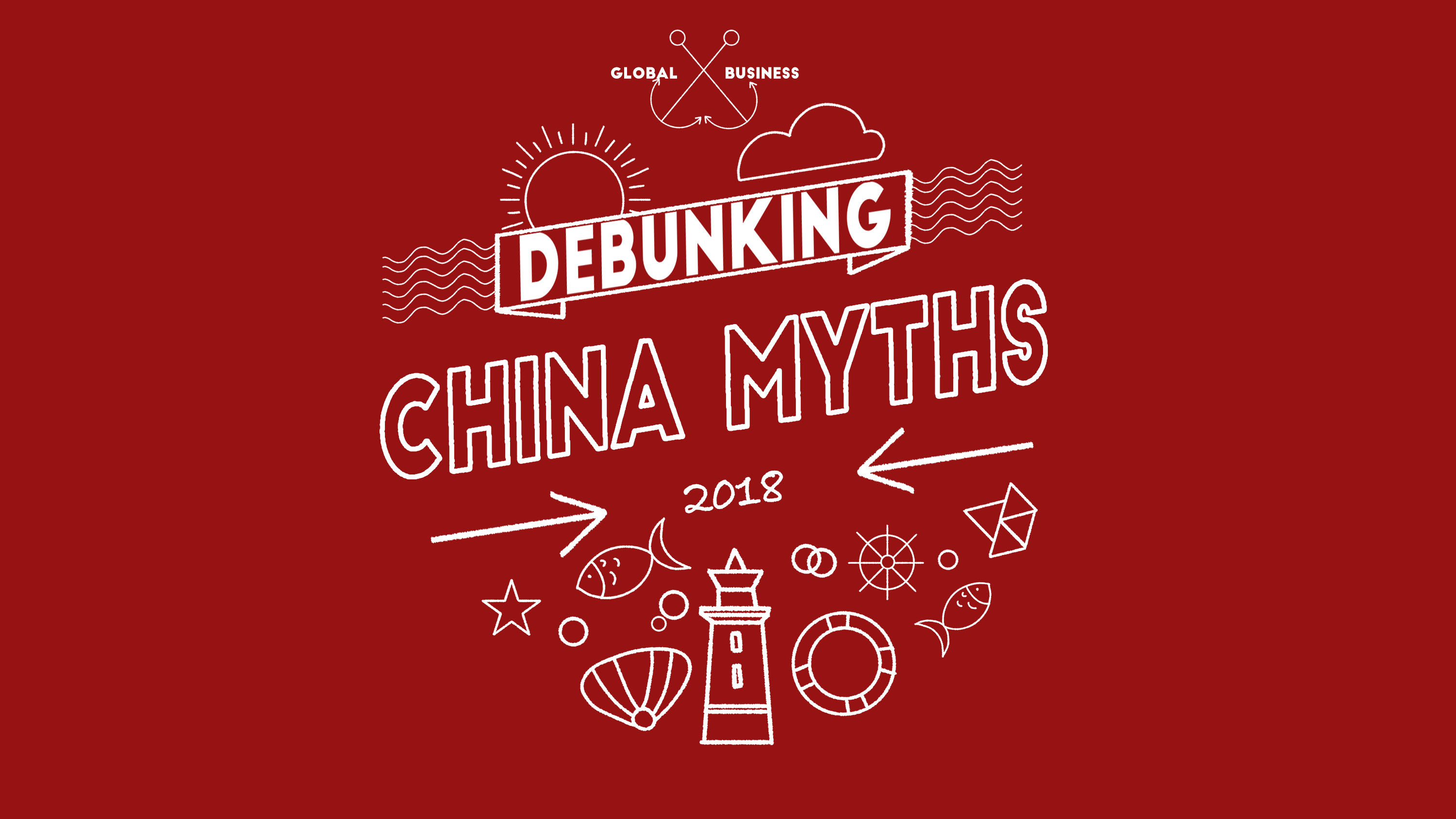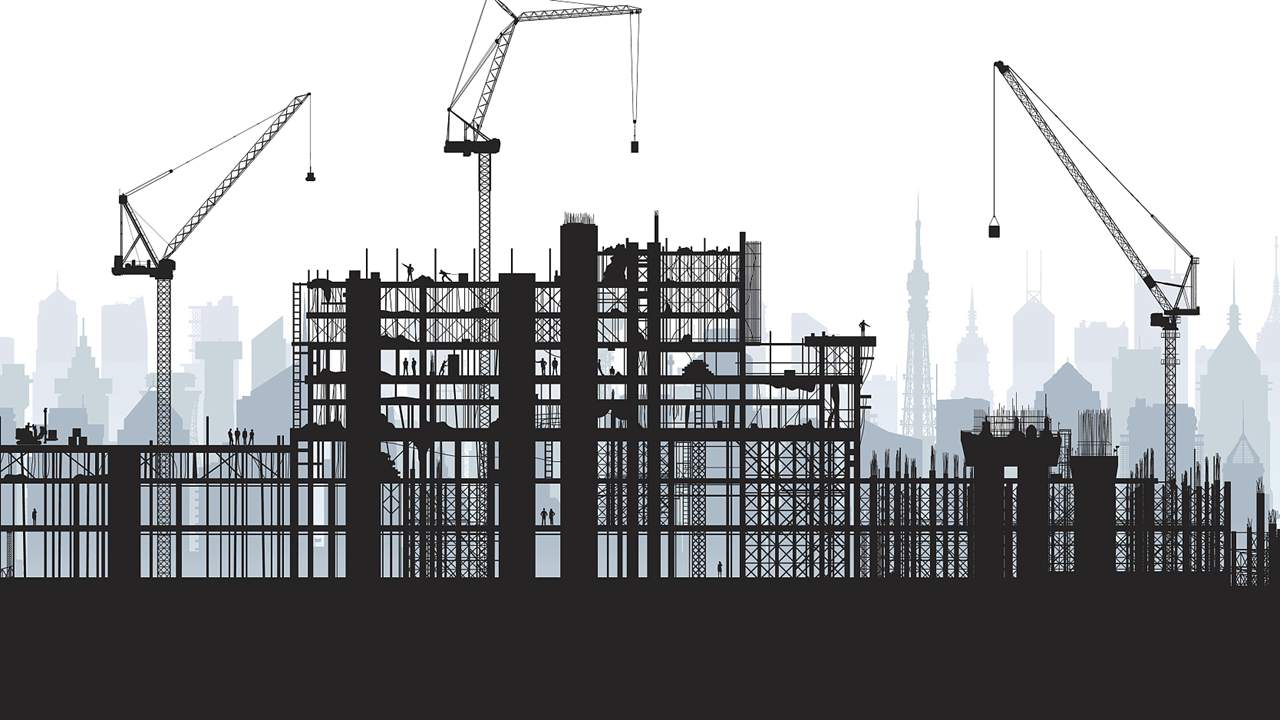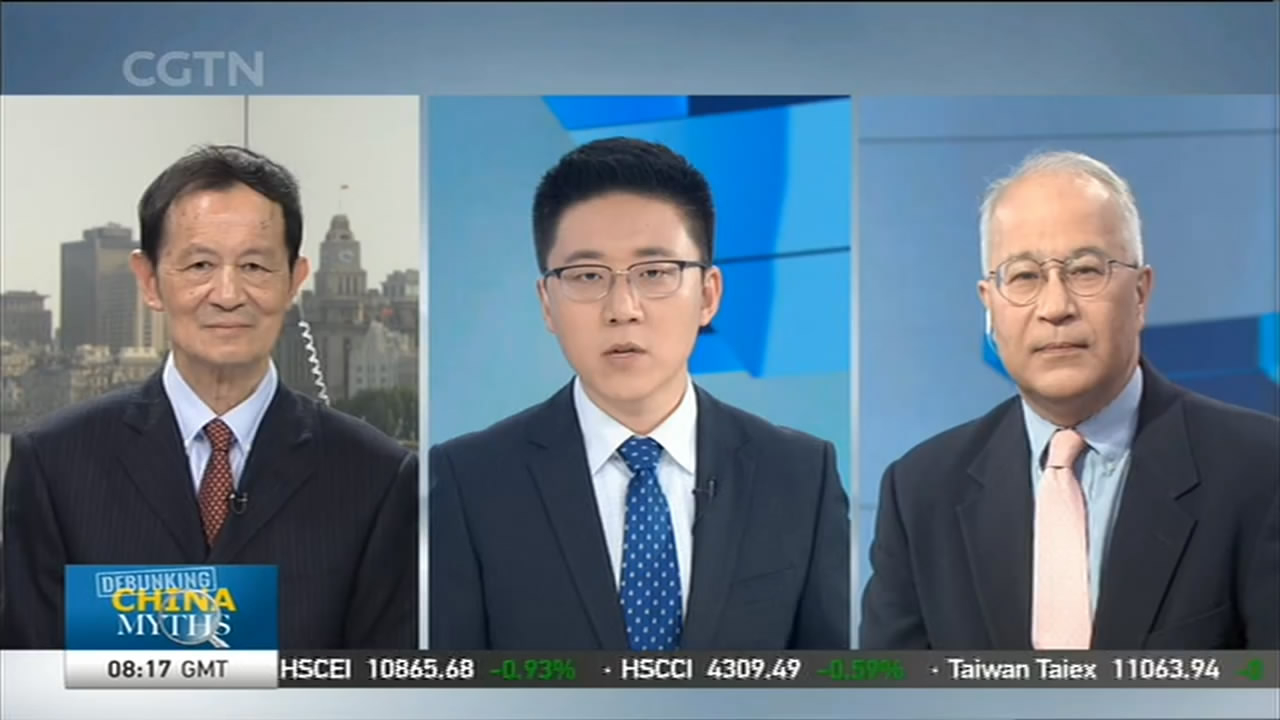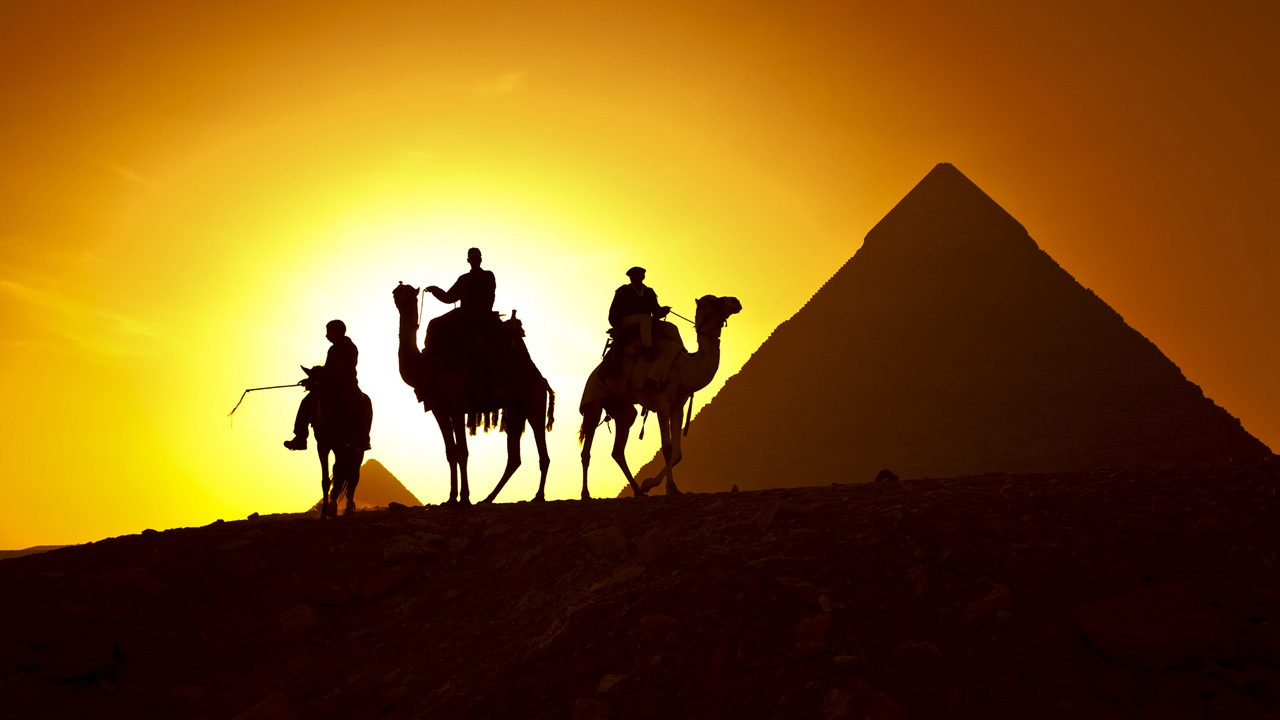
Business
21:37, 01-Sep-2018
Debunking China Myths: ‘Belt and Road’ means common prosperity, not a zero-sum game
Updated
21:08, 04-Sep-2018
By CGTN’s Wang Yue
00:53

Five years on, China’s trade with countries along the Belt and Road has reached five trillion US dollars. However, the Belt and Road Initiative (BRI) suffers misconceptions that it is outsourcing excess capacity, creating a “China Club” or establishing “neo-colonialism” in Africa.
05:27

Is China exporting excess capacity through the BRI?
“This is just silly,” said Einar Tangen, a current affairs commentator. “If this was true, then the US and the EU were shifting their excess capacity to China over the years.”
“This is not the case,” He Weiwen, a senior fellow at the Center for China and Globalization, said.
“Of course, it may involve some equipment supplies. The second-hand equipment would be refurbished and upgraded to the new equipment and then supplied to the host countries. This is [a kind of] normal trade. Many countries in the world have been doing the same. It’s not excess capacity export to those countries. That’s different.”
In fact, a report from the State Information Center indicated that China's imports from the Belt and Road countries increased faster than exports in 2017. The value of China's imports from the Belt and Road countries stood at 666 billion US dollars last year, an increase of 20 percent year-on-year, while China's exports to those countries came in at 774.26 billion US dollars, a rise of 8.5 percent year-on-year.

CGTN Screenshot
CGTN Screenshot
He attributed that overtaking to the normal trade phenomenon, the rise of primary resources’ prices and China’s lower tariffs on some imports.
“This is a global phenomenon,” the senior fellow told CGTN. "Last year, China’s import from the world, in dollar terms, grew by 16 percent, while its export to the world grew only by eight percent. Many of the countries along the route are depending on the primary resources and energy. So with the rise in prices, the import and export volume also increased faster [than before]. And the other reason is that China has announced zero-tariff treatments to many countries along the route. That’s also contributed to the fast increase of China’s imports from the Belt and Road countries."
01:53

Is the initiative about geopolitical alliances?
“The BRI is not an ideological one. It’s based on trade, creating prosperity for everyone,” Tangen commented. From his perspective, as China realized its advantages “in terms of cheap labor or labor dividend” were not sustainable, it has been seeking new opportunities through the BRI, promoting connectivity and productivity among countries in the meantime.
In addition, sort of conspiracy theory meant that a lot of industries came to the Belt and Road countries just for the cheap labors and land, according to Tangen. “So it’s not the question of what is happened to China. It’s a question of what your competitors are doing…… And I think people should look at what China’s doing as purely non-ideological, trade-based, win-win type of policy,” Tangen stressed.
A survey of 26 central banks showed that 92 percent of the central banks believe the Belt and Road Initiative supports domestic growth in countries on the BRI roadmap.
To take China-Africa cooperation as an example, projects such as the electrified railway connecting landlocked Ethiopia with Djibouti, the Mombasa-Nairobi standard gauge railway in Kenya, the Maputo Cross-sea Bridge in Mozambique and various industrial zones established in recent years, have been a reflection of successful cooperation under the BRI.
06:45

What does China mean to Africa – benefit or threat?
Africa is always regarded as a source of resources internationally. China has brought a new model for development in Africa rather than unilaterally taking resources away. “It’s not a bargain, it’s a win-win,” according to Tangen.
There is a false narrative that Chinese businesses in Africa do not hire locals. Former US Secretary of State Rex Tillerson even said that Chinese investments “do not bring significant job creation locally.”
“First of all, I was surprised by what Tillerson said,” He noted, further explaining that “Tillerson used to be the CEO of ExxonMobil. As ExxonMobil is a multinational company operating in many countries, Tillerson knows pretty well that overseas projects must employ local people, otherwise it would not be working.”
Based on data from the China Road and Bridge Corporation, the Nairobi-Mombasa railway project has created nearly 50,000 jobs for locals and the Maputo Cross-Sea Bridge has also created over 20,000 jobs for the locals. “Apart from infrastructure projects, China’s industrial parks in African countries totaled more than 25, and there were 244,000 of local people employed,” He added.
Following up the opinions of He, Tangen said that there is a gap between what political people say and the way economic things are.
Experts said the BRI has been bringing prosperity to the countries involved, noting the initiative is significant for global development. As the 2018 Beijing Summit of the Forum on China-Africa Cooperation draws near, experts are also positive on further cooperation between China and Africa.
(CGTN’s Michael Wang and Xia Cheng contributed to this story.)

SITEMAP
Copyright © 2018 CGTN. Beijing ICP prepared NO.16065310-3
Copyright © 2018 CGTN. Beijing ICP prepared NO.16065310-3